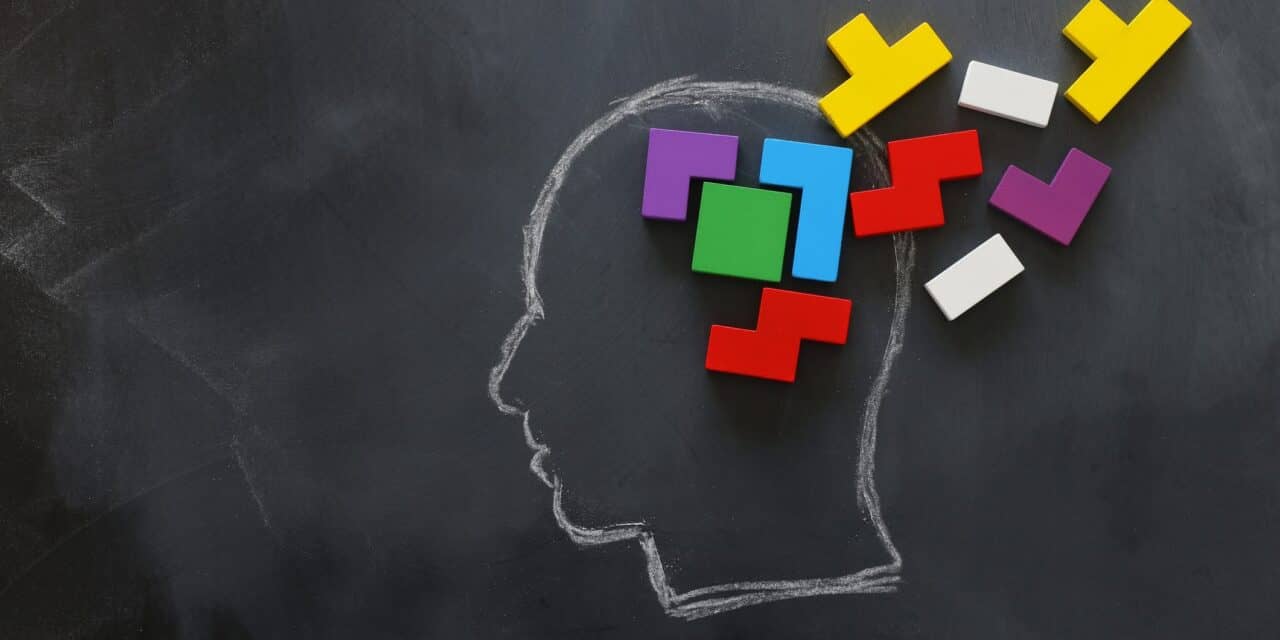A new study reveals that sleep helps the brain store words and grammar, making it easier to learn and remember.
Summary: A study by the University of South Australia has revealed that sleep significantly enhances the brain’s ability to learn and retain new languages. Participants who slept after learning a miniature language showed improved memory and understanding of words and grammar compared to those who stayed awake. Researchers found that this improvement is linked to the synchronization of brainwave patterns during non-REM sleep, which helps transfer information from short-term to long-term memory. These findings could inform treatments for individuals with language impairments and further research into cognitive tasks reliant on memory.
Key Takeaways:
- Sleep Enhances Language Memory: Participants who slept after learning showed better retention of words and grammatical rules compared to those who remained awake.
- Brainwave Synchronization Is Key: Coupling of slow oscillations and sleep spindles during non-REM sleep strengthens memory by transferring learned information to long-term storage.
- Broader Implications for Cognitive Health: Findings may lead to advancements in therapies for language-related impairments, such as aphasia, and other memory-driven tasks.
Sleep is critical for all sorts of reasons, but a team of international scientists has discovered a new incentive for getting eight hours of sleep every night: It helps the brain to store and learn a new language.
A study led by the University of South Australia (UniSA) and published in the Journal of Neuroscience has revealed that the coordination of two electrical events in the sleeping brain significantly improves our ability to remember new words and complex grammatical rules.
In an experiment with 35 native English-speaking adults, researchers tracked the brain activity of participants learning a miniature language called Mini Pinyin, which is based on Mandarin but with similar grammatical rules to English.
Half of the participants learned Mini Pinyin in the morning and then returned in the evening to have their memory tested. The other half learned Mini Pinyin in the evening and then slept in the laboratory overnight while their brain activity was recorded. Researchers tested their progress in the morning.
Those who slept performed significantly better compared to those who remained awake.
Sleep Spindles and Memory Consolidation
Lead researcher Zachariah Cross, who did his PhD at UniSA but is now based at Northwestern University in Chicago, says sleep-based improvements were linked to the coupling of slow oscillations and sleep spindles—brainwave patterns that synchronize during NREM sleep.
“This coupling likely reflects the transfer of learned information from the hippocampus to the cortex, enhancing long-term memory storage,” says Cross in a release. “Post-sleep neural activity showed unique patterns of theta oscillations associated with cognitive control and memory consolidation, suggesting a strong link between sleep-induced brainwave co-ordination and learning outcomes.”
UniSA researcher Scott Coussens, PhD, says the study underscores the importance of sleep in learning complex linguistic rules.
“By demonstrating how specific neural processes during sleep support memory consolidation, we provide a new perspective on how sleep disruption impacts language learning,” says Coussens in a release. “Sleep is not just restful; it’s an active, transformative state for the brain.”
Implications for Language Disorders
The findings could also potentially inform treatments for individuals with language-related impairments, including autism spectrum disorder and aphasia, who experience greater sleep disturbances than other adults.
Research on both animals and humans shows that slow oscillations improve neural plasticity—the brain’s ability to change and adapt in response to experiences and injury.
“From this perspective, slow oscillations could be increased via methods such as transcranial magnetic stimulation to accelerate aphasia-based speech and language therapy,” says Cross in a release.
Future Directions in Sleep and Cognitive Research
In the future, the researchers plan to explore how sleep and wake dynamics influence the learning of other complex cognitive tasks.
“Understanding how the brain works during sleep has implications beyond language learning. It could revolutionize how we approach education, rehabilitation, and cognitive training,” the researchers say.
ID 161059806 © Tomert | Dreamstime.com








